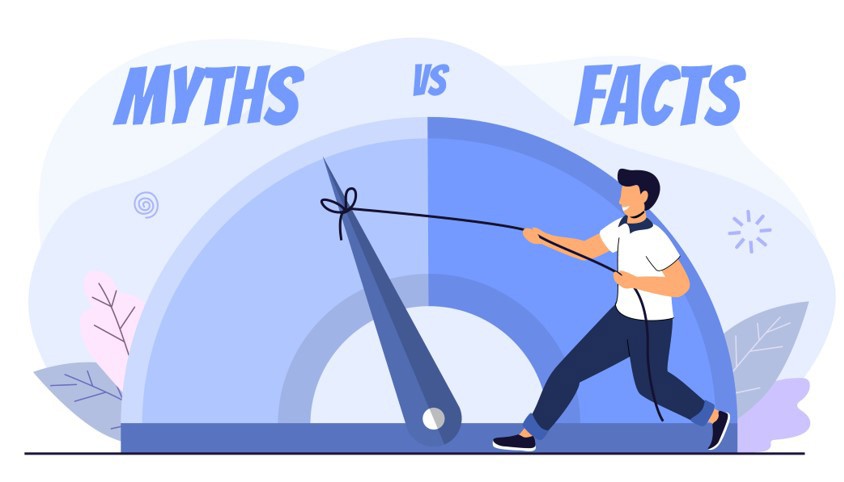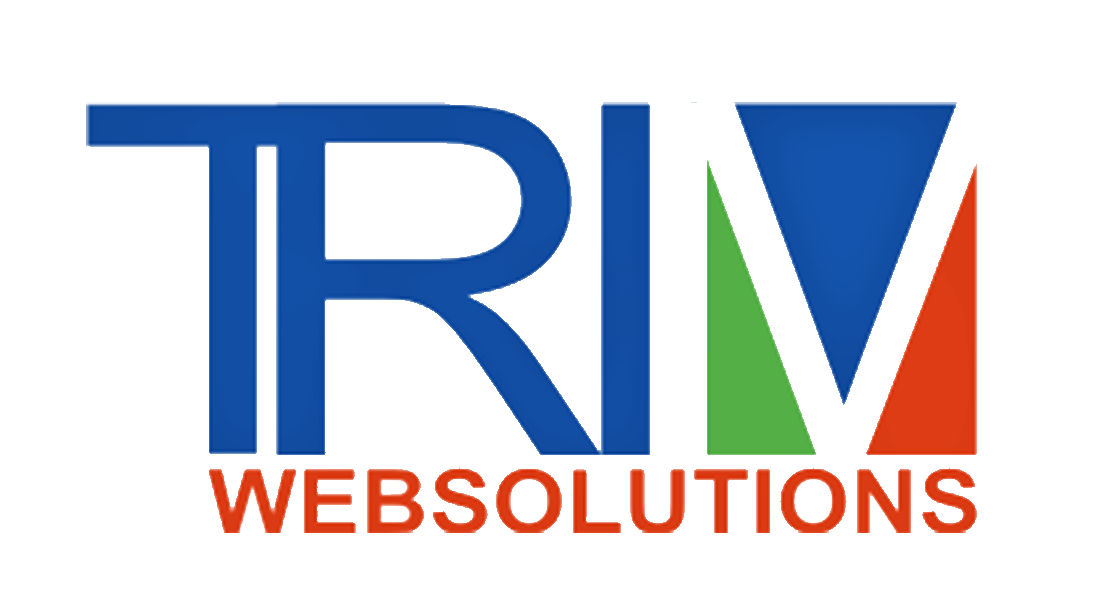Debunk industry myths

Debunking Industry Myths: Separating Fact from Fiction
In every industry, myths and misconceptions often take root, shaping the way people perceive certain businesses, professions, and practices. Some myths are harmless, while others can lead to misguided decisions, missed opportunities, and even financial losses. In a world where information spreads rapidly—especially through social media—it’s crucial to separate fact from fiction.
In this article, we’ll explore some of the most common industry myths across different sectors, debunk them with facts, and help you make more informed decisions.
Why Industry Myths Persist
Before diving into specific myths, let’s examine why they exist in the first place. Industry myths often arise due to:
- Misinformation: Incomplete or incorrect information, especially when repeated frequently, starts to seem true.
- Generalization: Some myths are based on isolated cases that don’t represent the entire industry.
- Marketing Hype: Companies sometimes exaggerate claims to sell products or services, leading to widespread misconceptions.
- Fear and Doubt: People are naturally skeptical, and fear-based myths tend to spread quickly.
- Lack of Expertise: Many myths originate from those outside the industry who may not fully understand how it works.
Now, let’s explore some of the most common industry myths and set the record straight.
Myth #1: Marketing is Just Advertising
Reality: Marketing is much more than just advertising.
Many people believe that marketing is simply about running ads on TV, social media, or billboards. While advertising is a component of marketing, it’s only a fraction of what the field entails.
Marketing includes:
- Market research to understand consumer behavior
- Brand positioning and strategy
- Content creation (blogs, videos, social media)
- Search engine optimization (SEO)
- Email campaigns and customer relationship management
- Public relations and influencer partnerships
Without a comprehensive marketing strategy, businesses would struggle to build brand loyalty and retain customers.
Myth #2: You Need a College Degree to Succeed in Business
Reality: Many successful entrepreneurs and professionals thrive without a formal degree.
While education is valuable, success in business isn’t limited to those with a college degree. Many industry leaders, including Steve Jobs, Mark Zuckerberg, and Richard Branson, built multi-billion-dollar companies without completing traditional education.
Success often depends on:
- Practical experience and skills
- Networking and mentorship
- Problem-solving abilities
- Adaptability and willingness to learn
In today's digital age, online courses, boot camps, and self-learning resources provide alternative ways to acquire expertise without a formal degree.
Myth #3: The Customer is Always Right
Reality: While customer satisfaction is crucial, not all customer demands are reasonable.
This popular saying suggests that businesses should always cater to customer requests, no matter what. However, in reality:
- Some customers may be misinformed or unreasonable.
- Businesses must balance customer satisfaction with operational efficiency.
- Employees’ well-being and company policies should also be considered.
Instead of blindly following this myth, businesses should aim for customer-centric service, focusing on fairness and long-term relationships rather than always agreeing with the customer.
Myth #4: High Prices Mean Higher Quality
Reality: Price does not always determine quality.
Consumers often assume that expensive products or services are automatically better. While premium pricing can sometimes indicate superior quality, it’s not always the case.
Factors that influence price include:
- Branding and perceived value
- Marketing and packaging costs
- Supply and demand
- Production and distribution expenses
To determine real quality, consumers should rely on:
- Independent reviews and customer feedback
- Certifications and industry standards
- Hands-on experience or trial periods
Myth #5: You Need a Huge Budget to Start a Business
Reality: Many successful businesses start with minimal investment.
A common misconception is that starting a business requires massive capital. While funding is essential for scaling a business, many startups begin with low-cost models, such as:
- Freelancing and consulting services
- Online businesses (dropshipping, affiliate marketing, digital products)
- Social media-based ventures
- Home-based or side businesses
Today, crowdfunding, bootstrapping, and angel investors provide alternative funding options for entrepreneurs who lack upfront capital.
Myth #6: Working Longer Hours Means More Productivity
Reality: Quality of work matters more than hours spent.
Many professionals believe that working 60+ hours a week is the key to success. However, research shows that productivity declines significantly after a certain number of hours.
Instead of overworking, focus on:
- Time management techniques (Pomodoro method, batching tasks)
- Prioritizing high-impact activities
- Maintaining work-life balance for long-term sustainability
Companies like Microsoft and Google have tested shorter workweeks and found that employees often achieve more in less time when given proper breaks and a healthy work environment.
Myth #7: Social Media Marketing is Free
Reality: Effective social media marketing requires time, effort, and investment.
While signing up for social media platforms is free, successful marketing requires:
- Paid advertising (Facebook Ads, Instagram promotions, LinkedIn Ads)
- Professional content creation (graphics, videos, copywriting)
- Community management and customer engagement
- Influencer collaborations
Businesses that treat social media as a structured marketing channel, rather than a free tool, see better results in terms of engagement and conversions.
Myth #8: AI Will Replace Human Workers Completely
Reality: AI enhances jobs but doesn’t eliminate the need for human expertise.
Artificial Intelligence (AI) is transforming industries, automating repetitive tasks, and improving efficiency. However, it cannot completely replace human roles in areas like:
- Creativity and innovation
- Emotional intelligence and customer relations
- Strategic decision-making
Instead of fearing AI, businesses and employees should focus on upskilling and learning how to work alongside AI tools to increase productivity.
Final Thoughts: The Power of Knowing the Truth
Industry myths can be misleading, affecting business decisions, consumer trust, and career growth. By questioning assumptions, seeking factual information, and staying informed, individuals and businesses can make better choices.
The key takeaways from this article are:
✅ Always fact-check industry claims before believing them.
✅ Look at data, expert opinions, and real-world case studies.
✅ Adapt to industry changes with an open mind and critical thinking.
Debunking myths allows businesses and professionals to operate more effectively, make smarter investments, and build long-term success based on truth rather than outdated beliefs.
10 0 7
Write a Comments
* Be the first to Make Comment















